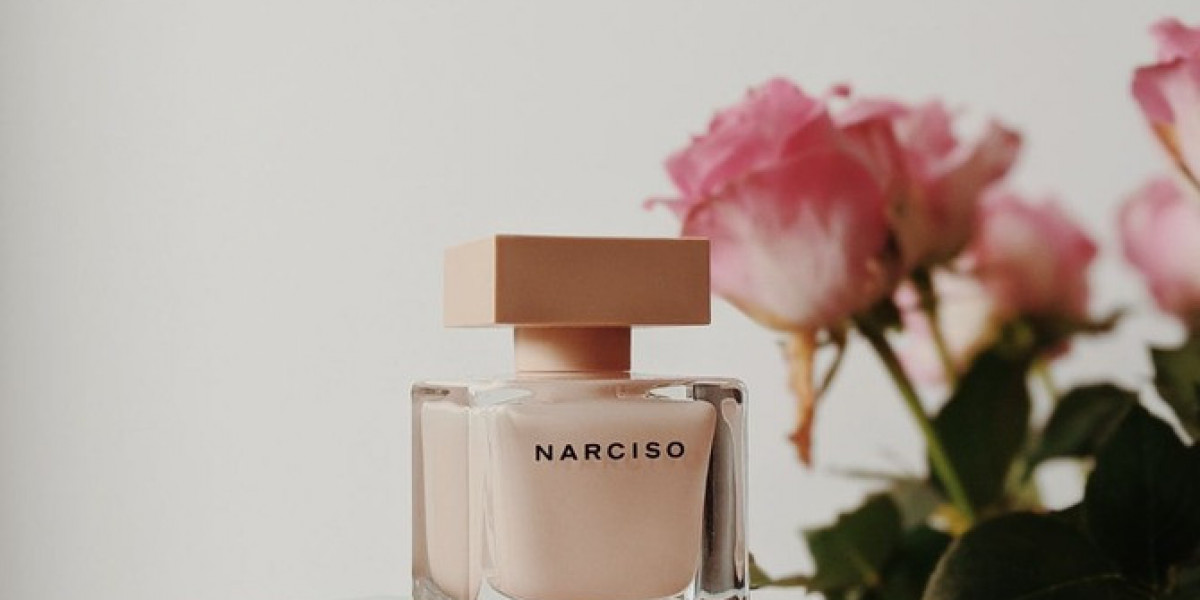Perfume is more than a luxury—it's an experience. And few fragrance ingredients offer a more elegant, powdery, and aristocratic aura than the aroma of iris. Beloved by both classic and niche perfumers, iris is considered one of the most prestigious floral notes. But how is this note created? And what is the difference between using a natural essential oil versus a lab-created fragrance oil to produce it? To appreciate the beauty of iris fully, it's important to also understand the distinction between fragrance oil vs essential oil.
In this article, we'll explore the rich, velvety beauty of iris in perfumery and dive deep into how perfumers craft scents using both natural and synthetic ingredients.
The Regal Aroma of Iris in Perfumery
The aroma of iris is often described as powdery, earthy, and softly floral, with nuances of violet, wood, and even leather. It is not the bright floral scent many expect—it’s far more understated and refined.
🌿 Where Does the Iris Scent Come From?
Surprisingly, the iris flower itself doesn’t provide the scent. The real magic comes from the rhizome (root) of the Iris pallida or Iris germanica plant.
The rhizomes are harvested, dried for 3–5 years (!), and then distilled into a rare material called orris butter.
This substance contains irones, the molecules responsible for the iris’s signature scent.
Due to its labor-intensive process and rarity, orris butter is one of the most expensive ingredients in perfumery.
Popular Perfumes with the Aroma of Iris
Here are some of the most loved iris-based fragrances:
| Perfume Name | Characteristics |
|---|---|
| Prada Infusion d’Iris | Soft, clean, elegant with woody undertones |
| Chanel No. 19 | Green, powdery, and floral with iris heart |
| Iris Silver Mist by Serge Lutens | Cold, rooty, artistic |
| Dior Homme Intense | Masculine floral with amber-iris combo |
| Iris Poudre by Frédéric Malle | Powdery, vintage, luxurious |
Each perfume interprets the aroma of iris differently—some focusing on its powdery side, others highlighting its metallic or earthy elements.
The Allure of Iris in Modern Perfume
Why do perfumers adore the aroma of iris?
Sophistication: Iris conveys class without being loud or overly sweet.
Versatility: Pairs well with woods, spices, citrus, and musks.
Gender-Neutrality: Works in both masculine and feminine compositions.
It’s a note that smells expensive—because it literally is.
Behind the Scent: Fragrance Oil vs Essential Oil
Now that we understand the value of iris in perfumery, let’s look at how perfumers compose scents using different types of oils. One of the most common questions in the perfume world is the difference between fragrance oil vs essential oil.
🧴 What Are Essential Oils?
Derived from natural sources like flowers, bark, roots, and fruits.
Extracted through steam distillation, cold pressing, or solvent extraction.
100% pure and contain volatile aroma compounds.
Used in aromatherapy, skincare, and natural perfumery.
Example: Lavender essential oil is made from steam-distilled lavender flowers.
🧪 What Are Fragrance Oils?
Can be synthetic, natural isolates, or a blend of both.
Designed specifically to mimic certain aromas or create unique compositions.
Often more stable and consistent in scent.
Widely used in perfumes, candles, soaps, and cosmetics.
Example: A "new car smell" or “ocean breeze” fragrance oil, which does not exist in nature, is synthetically created.
Fragrance Oil vs Essential Oil: The Key Differences
| Feature | Essential Oil | Fragrance Oil |
|---|---|---|
| Source | 100% natural | Synthetic or mixed |
| Scent Consistency | Can vary with harvest conditions | Very consistent |
| Price | Typically more expensive | Usually cheaper |
| Longevity in Perfume | Short to moderate | Long-lasting |
| Use in Perfumery | High-end niche or natural perfumes | Mainstream, affordable, designer perfumes |
| Allergy Risk | May cause reactions in some people | Often skin-safe but may contain allergens |
For example, orris essential oil (from iris rhizome) is ultra-rare and costly, so many perfumers opt for iris fragrance oil or isolated irone molecules to create a similar effect.
Why Perfumers Use Both
In real-world perfumery, both fragrance oil and essential oil are essential components.
Essential oils offer complexity and a connection to nature.
Fragrance oils allow for creativity, safety compliance, and affordability.
A perfume like Prada Infusion d’Iris might use a combination of real orris and synthetic irone molecules to strike a balance between authenticity and performance.
Sustainability and Ethics
Another discussion in the fragrance oil vs essential oil debate is sustainability.
Harvesting some plants for essential oils can threaten biodiversity (e.g., sandalwood).
Synthetic fragrance oils can reduce environmental impact and ensure no animals or rare plants are harmed.
That said, brands like Abel, Hiram Green, and Lush have embraced ethical sourcing and plant-based compositions using essential oils, showing it is possible to blend sustainability with luxury.
How to Choose Between Fragrance Oil and Essential Oil-Based Perfumes
When shopping for iris or any other scent:
Choose essential oil-based perfumes if:
You have a preference for natural ingredients
You’re sensitive to synthetic aromas
You support artisanal, small-batch perfumers
Choose fragrance oil-based perfumes if:
You want complex, long-lasting scents
You need affordability or wide availability
You enjoy unique or “fantasy” scents that don’t exist in nature
Most mainstream perfumes—from Chanel to Dior—use a blend of both to ensure stability, affordability, and projection.
Final Thoughts
The aroma of iris remains one of the most prestigious and sought-after notes in perfumery. Its cool, powdery elegance continues to enchant both creators and consumers alike. Whether sourced from the delicate orris root or replicated through modern synthetics, iris adds a touch of nobility to any composition.
At the same time, understanding the science and art behind perfume creation—especially the nuances of fragrance oil vs essential oil—empowers consumers to make informed choices. Whether you prefer nature’s purity or man-made precision, there’s room for both in the beautiful world of scent.
So the next time you pick up a perfume and sense that subtle, velvety powder in the background—know that you’re smelling the quiet power of iris. And now, you know exactly how and why it made its way into the bottle.








